
The medicine man of Naaqtok woke from a fevered sleep, coughing up phlegm. He spat the mucus out and lay back on his pallet, staring at the frosted breath that escaped his raw throat. His blankets were pushed aside and the fire pit was cold, but he did not feel winter’s bite. A furnace consumed him from within. His aching body was drenched in sweat.
Fear motivated him to get up. He stumbled across the clay floor of his hut, making his way over discarded glass bottles. For two days, he had methodically taken every elixir in his apothecary, but none of it had worked. His infirmity persisted.
More worrying were his hands that flaked, the skin peeling off in sheets, and his hardening nails that continued to blacken. The symptoms were apparent, the diagnosis evident. He was a Newborn, condemned to endure the birth pain of his infant spirit.
He knew this to be true, but still he refused to accept it. There had to be a cure!
Regrettably, his medicine was depleted. What remained were nostrums—potions that cured nothing but financial troubles. Nevertheless, he opened his satchel of tinctures and grabbed one of the vials of alcohol mixed with…something. Without reading the label, he pulled the stopper, drank the solution, and reached for another vial. Before long, he consumed them all.
Head swimming, he staggered to his bed, lay on his back, and closed his eyes to darkness.
But the darkness was tainted.
A ring of colour invaded his peripheral perception, shimmering like the viscous tendrils of air over fire, and in the black centre of his vision, a flock of stars drifted. From each pinpoint, there flowed dual streams of steaming light, white entwined with blue. Instinctively, he knew that the white light was a part of him, and that the blue was not.
He opened his eyes.
His thatched roof was there, and the sprigs of rosemary that he had hung from it the week before. But so too was the arrow of light points, migrating, far above his hut.
Puzzled, he sat up.
Colour instantly saturated his view. A thousand suns surrounded him—each a different size, tone, and clarity—and like the roaming specks above, he was tethered to them with rivers of light. The streams ran directly into him, as if he was a celestial ocean.
He turned and the radiance shifted.
The bright suns were in the direction of the city. To the jungle, there were more of them, but they were smaller, dimmer, and more distant.
Is this a fever dream?
No. He rejected the thought. A vision could not feel so natural and familiar. He believed, instead, that he had snatched a truth from the world—a better understanding of life that had always been just out of reach.
Despite his diseased and intoxicated body, he felt exhilarated. His curiosity compelled him to explore. He surveyed the luminous delta that flowed in and out of him. Then, he dipped into a stream…
He tingled with sensations: images, smells, tastes, sounds, impressions, hungers, movements, temperatures, and thoughts. At first, he comprehended the buzz of shared senses, but as he descended, his coherence failed under the pressure of coalescing streams. The vibrations quickened and multiplied until it swarmed his awareness.
Realising the danger, he tried to retreat, but the surface escaped him. His light had evaporated, leaving nothing to follow in the swirl of colour. He was helpless, suspended in the experiences of others.
There. A stray impression of pain touched him. From who or what, he didn’t know, but it provoked a memory which gave him an idea.
He desperately recalled his misery, searching for the symptoms of his affliction. To his relief, he found them, one by one—wet nose, stiff joints, itching hands. He clung to these, and in time, his light condensed enough to pursue.
Following the white trail, he ascended, and slowly, the trilling calmed. When he pierced the surface, the foreign senses dissipated altogether. In the void, overlooking the glow of life, he was simply himself again.
I felt everyone in the city! he thought.
His first impulse was to dive straight back into the torrent, his panic forgotten in the face of wonder, but prudence was necessary. His intention had been to explore a single stream, but once inside, many had flowed together to form a violent river tide. He needed to isolate one.
He inspected a nearby sun, which he now knew to be a human’s spirit. Cautiously, he dammed the person’s stream, dimming their light while keeping his own bright and free-flowing. The ability to control the light came naturally to him. Feeling confident, he darkened all the suns at once, leaving only his own spirit illuminated.
For a moment, he considered the slow-changing angles of his spirit-flows as the fettered citizens of Naaqtok moved about. Choosing at random, he brightened a person’s spirit and plunged inside.
It was a woman. He didn’t know her, but her sensations betrayed her.
She loved to cook…the house was warm…the stew smelled tangy…it reminded her of her mother…the children’s laughter was shrill…the noise annoyed her…the potatoes felt rough and grainy…her husband was bare-chested…his brown body piqued her desire…she was hungry…the carrot tasted sweet…
He could not resist snooping and proceeded to spy on other people, experiencing their lives until they bored him. As he progressed, he became increasingly certain that he could not only interpret spirit, but interact with it also.
When he came upon a Revered Elder cheating on his wife, he knew that he had found a perfect subject for an experiment.
YOUR WIFE KNOWS.
He cast the words at the elder and immediately recognised his mistake. Failing to stem his own spirit-flows, he projected his thought to every living thing in the vicinity. The mass interaction of the thought-cast overwhelmed him, his body convulsing from the effort it required.
The medicine man of Naaqtok felt the shards of a shattered vial cut into his clenching fist. When his shaking finally ceased, he surrendered to fatigue.
His spirit faded.


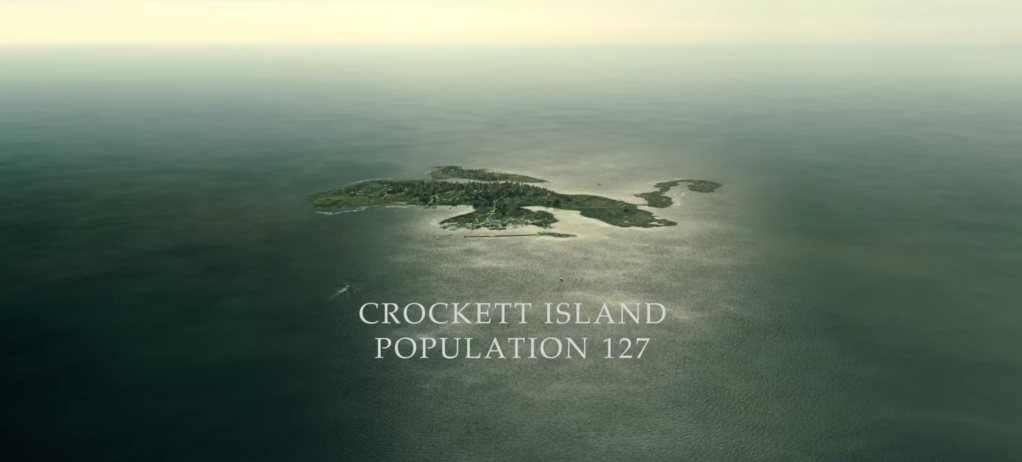
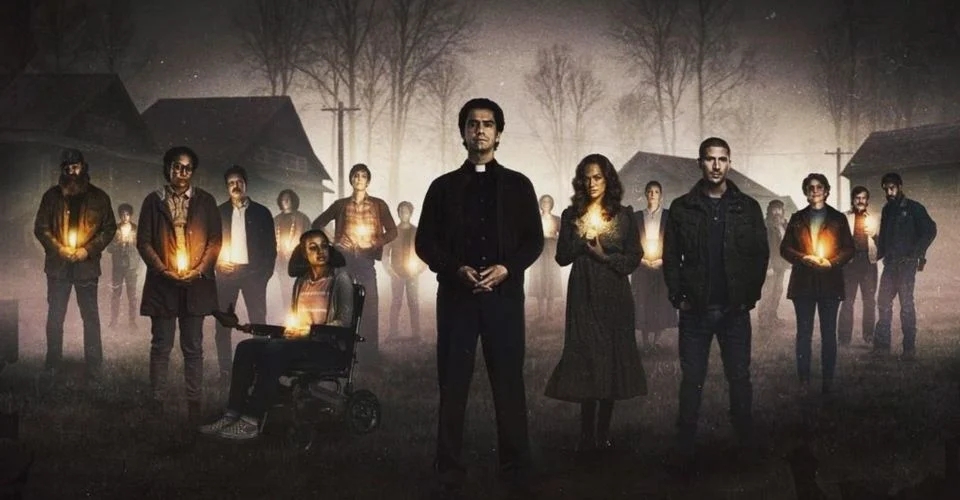

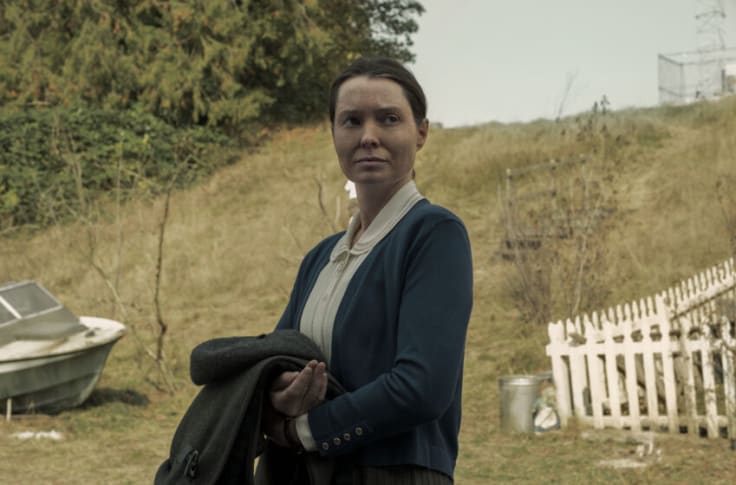
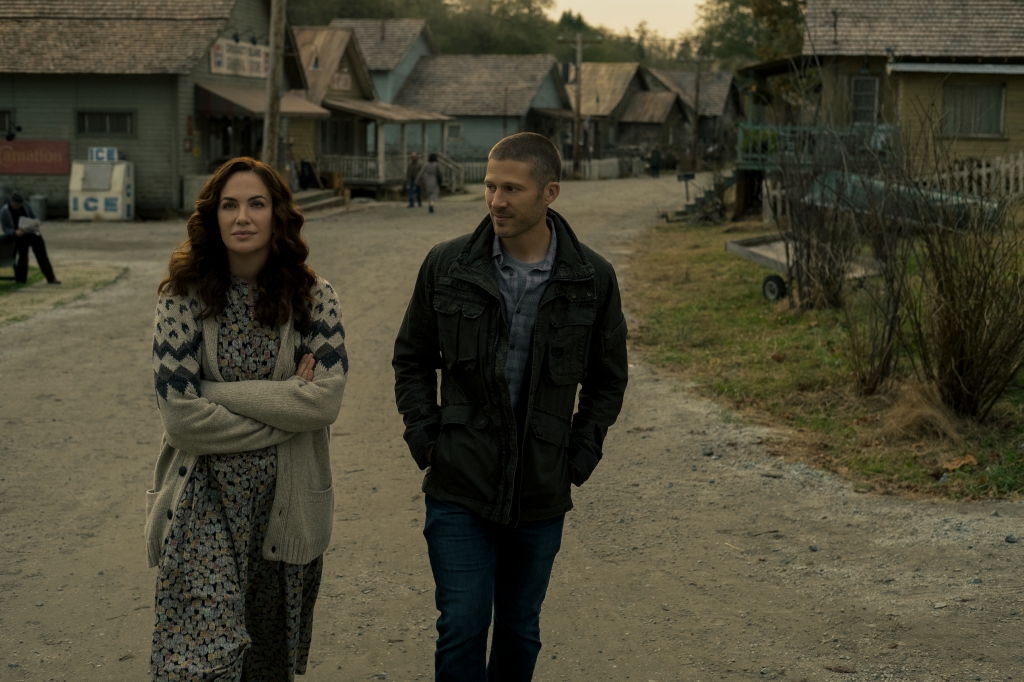
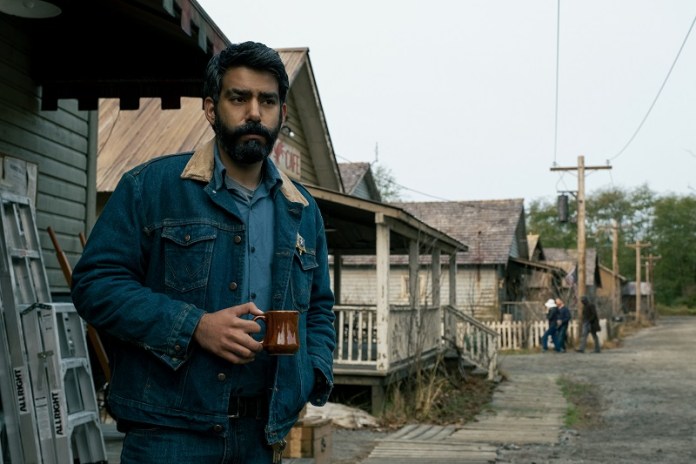

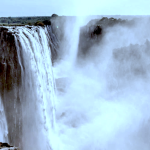

 Inner Light – s05 e25
Inner Light – s05 e25

